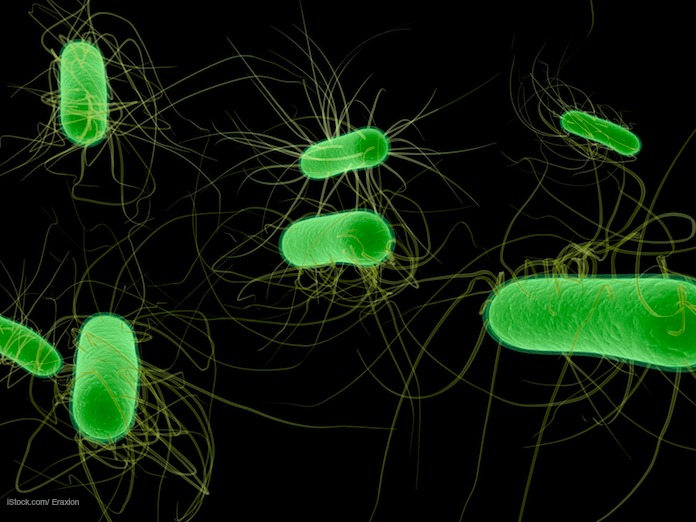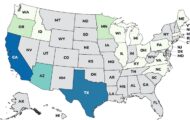The deadly E. coli outbreak in Hildale, Utah and Colorado City, Arizona has been linked to infected animals, followed by person-to-person contact, according to the Southwest Utah Public Health Department. Several livestock have tested positive for the outbreak strain of E. coli.

The owners of the animals have been contacted and given guidance to prevent further spread of this outback. All tests on water systems, springs, ground beef, produce, and dairy products conducted by public health officials were negative.
There have been no new confirmed cases in this particular outbreak since July 9, 2017. Public health agencies will still monitor any disease activity in those towns and surrounding communities. Agencies involved in investigating and monitoring this outbreak include the Mohave Count Department of Public Health, Arizona Department of Health Services, the Centers for Disease Control and Prevention (CDC), as well as Southwest Utah Public Health.
Twelve people were sickened in this outbreak. Two children have died. Seven of the twelve patients have been hospitalized, and seven have developed hemolytic uremic syndrome (HUS), according to news reports.
The E. coli bacteria that cause these types of illness are known as STEC, or Shiga toxin-producing E. coli bacteria. The strain in this outbreak was E. coli O157:H7, the type that causes most outbreaks in this country. Undercooked ground beef, raw dairy products and fruit juices, and infected animals are the most common sources of the bacteria.
E. coli bacteria are found in feces of most ruminant animals. These animals do not get sick because they don’t have the gene necessary for the bacteria to cause illness. Feces from these animals can get on their coats or on their environment. Then when humans handle the animals or touch their feed or bedding, they can contract the illness.
The symptoms of an E. coli infection include severe and painful stomach and abdominal cramps, diarrhea that is usually bloody or watery, and a mild fever. Most people get sick within a few days of ingesting this bacteria.
If an E. coli infection is improperly treated with antibiotics, or if the patient is under the age of 5, a complication called hemolytic uremic syndrome (HUS) can develop. This is a life-threatening type of kidney failure. The symptoms of HUS include little or no urine output, bleeding from the nose or mouth, lethargy, a skin rash, and pale skin. Anyone experiencing these symptoms needs to see a doctor immediately.
To prevent E. coli infections, do not eat raw milk or raw dairy products. Never consume raw or undercooked ground meats. Keep sick animals away from people. Wash your hands with warm, soapy water after coming into contact with animals, before preparing or eating food, and after using the bathroom. Wash all produce thoroughly, and clean all surfaces that have touched raw meat.
Pritzker Hageman, America’s food safety law firm, successfully represents people harmed by adulterated food products in outbreaks throughout the United States. Its lawyers have won hundreds of millions of dollars for survivors of foodborne illness, including the largest verdict in American history for a person harmed by coli and hemolytic uremic syndrome. The firm also publishes the E-news site, Food Poisoning Bulletin, a respected source for food safety news and information. Pritzker Hageman lawyers are regularly interviewed by major news outlets including the New York Times, CNN, and the Wall Street Journal. In addition, the firm represents people in lawsuits who have been harmed by pathogenic microorganisms in Legionnaires‘ disease, surgical site infection and product liability cases.




